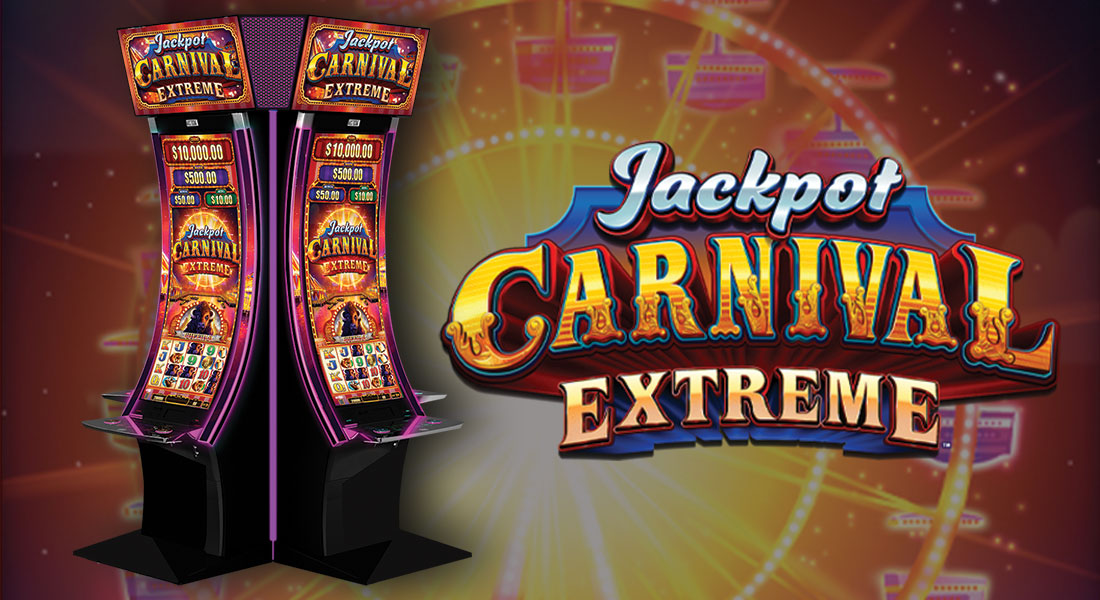Slot games have transformed from simple mechanical machines into sophisticated digital experiences, captivating millions of players worldwide. Whether you’re a seasoned gambler or a curious newcomer, understanding the allure and mechanics of slot games can enhance your gaming experience. In this article, we’ll delve into the history, mechanics, types, and future of pabriktoto games.
A Brief History of Slot Games
The first slot machine, known as “Liberty Bell,” was invented by Charles Fey in 1887. This mechanical marvel featured three spinning reels and five symbols: hearts, diamonds, spades, horseshoes, and a Liberty Bell. Players would pull a lever to spin the reels, and winning combinations would trigger cash payouts.
Over the decades, slot machines evolved significantly. The introduction of electromechanical machines in the 1960s added lights and sounds, enhancing the gaming experience. By the 1990s, online casinos emerged, bringing slots into the digital age. Today, online slots feature stunning graphics, intricate storylines, and interactive elements, making them more engaging than ever.
How Slot Games Work
At their core, slot games operate on a straightforward principle: players spin the reels and aim to match symbols across paylines. However, a few key components define modern slot games:
- Reels and Symbols: Most slots feature a set number of reels (typically 3 to 5) and a variety of symbols. Matching symbols on active paylines leads to payouts.
- Random Number Generator (RNG): The outcome of each spin is determined by an RNG, ensuring fairness and unpredictability. This technology guarantees that each spin is independent, giving every player a fair chance.
- Paylines: These are the lines on which winning combinations can be formed. Traditional slots often had a single payline, while modern games can feature multiple lines—sometimes hundreds—across various patterns.
- Bonus Features: Many slot games include special features like wilds, scatters, free spins, and mini-games. These elements add excitement and can significantly boost potential winnings.
- Return to Player (RTP): Each slot game has an RTP percentage, indicating how much of the wagered money is expected to be returned to players over time. Generally, the higher the RTP, the better the odds for players.
Types of Slot Games
Slot games come in a variety of styles to cater to different preferences:
- Classic Slots: These mimic the traditional fruit machines, usually featuring three reels and simple gameplay. They’re perfect for purists who enjoy a nostalgic experience.
- Video Slots: With advanced graphics and animations, video slots often have five reels and multiple paylines. They typically include exciting themes, storylines, and bonus features.
- Progressive Slots: These games feature a jackpot that increases with each bet placed until someone wins. The excitement of potentially hitting a life-changing jackpot attracts many players.
- 3D Slots: Utilizing advanced technology, 3D slots offer immersive graphics and animations, creating a captivating gaming experience that draws players into the game’s narrative.
- Mobile Slots: With the rise of smartphones, many casinos now offer mobile-optimized slots, allowing players to enjoy their favorite games on the go.
The Appeal of Slot Games
The popularity of slot games can be attributed to several factors:
- Simplicity: Easy to understand and play, slots require no special skills or strategies, making them accessible to everyone.
- Variety: With countless themes, styles, and gameplay mechanics, there’s a slot game for every taste.
- Entertainment Value: The combination of graphics, sound effects, and engaging storylines creates an enjoyable experience that keeps players coming back.
- Potential for Big Wins: The allure of hitting a jackpot or a significant payout adds excitement and thrill.
The Future of Slot Games
As technology continues to evolve, the future of slot games looks promising. Virtual reality (VR) and augmented reality (AR) are on the horizon, offering immersive gaming experiences that could redefine how players interact with slots. Additionally, advancements in AI could lead to more personalized gaming experiences, adapting to players’ preferences and behaviors.
